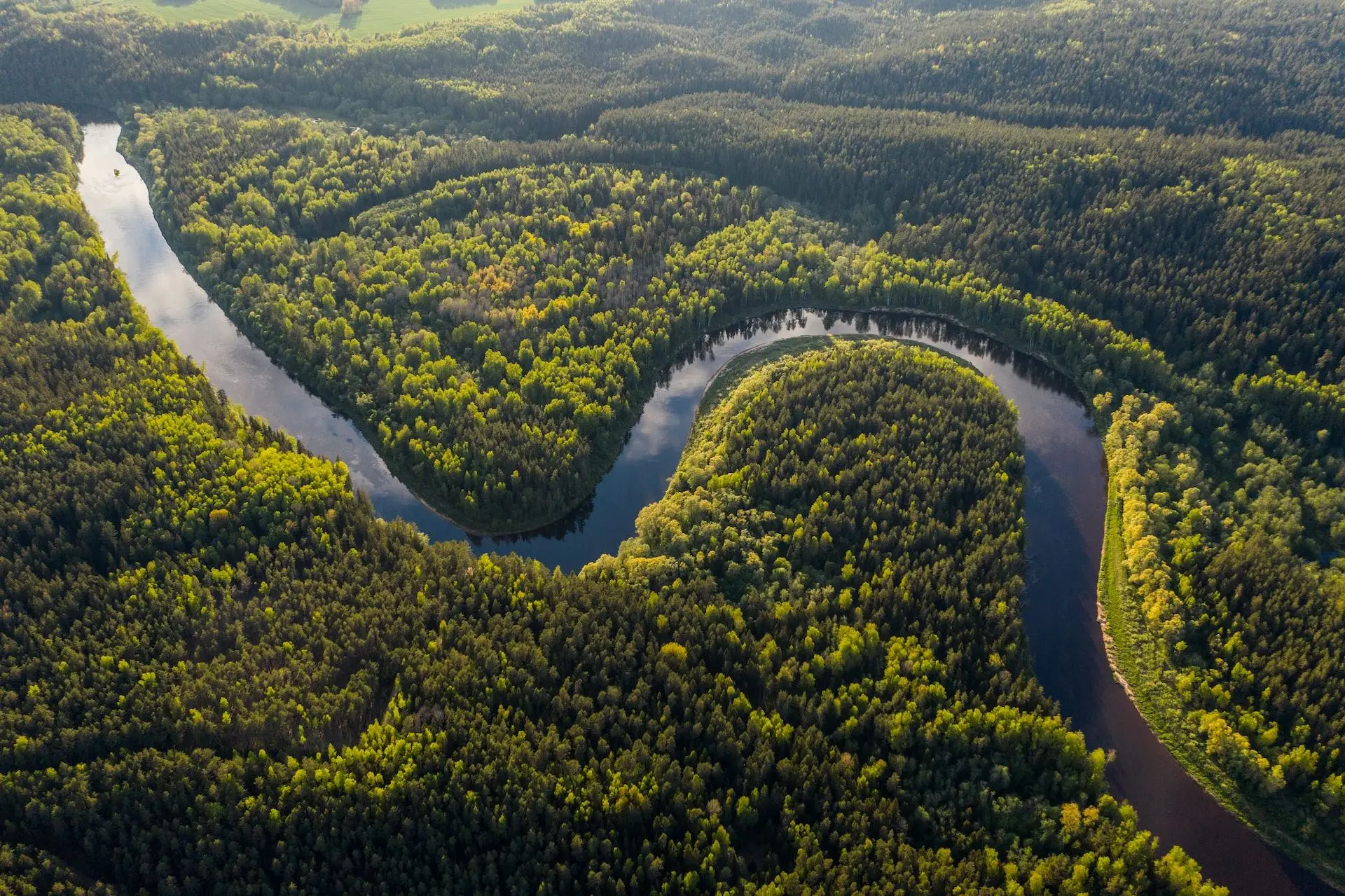Water, Climate, and Biodiversity: Managing Connected Freshwater Ecosystems for Multiple Benefits
Freshwater degradation threatens biodiversity. Ensuring that freshwater systems and their water supplies are protected from degradation will be one of the most important battles in the coming decades. This Knowledge Dialogue and UN Water Conference side event will explore how natural and human-built freshwater infrastructure can coexist and provide multiple benefits, including nature-based solutions (NbS) for climate change.

Photo: Ivars Utināns on Unsplash
The newly agreed Kunming-Montreal Global Biodiversity Framework states as one of its objectives that ‘[t]he integrity, connectivity and resilience of all ecosystems are maintained, enhanced, or restored . . .’. Freshwater ecosystems are vital for human beings’ survival and well-being. Human beings depend on freshwater ecosystems for numerous things, such as drinking and irrigation water, food, transport, recreation, and other uses. However, overfishing, dam construction, pollution, invasive species and, linked to climate change, glacier melt and pumped hydro power put these freshwater ecosystems at grave risk.
Freshwater degradation threatens biodiversity. The Kunming-Montreal Global Biodiversity Framework sets forth several targets to reduce the threat to biodiversity, two of which mention the importance of restoring and conserving inland waters. Ensuring that freshwater systems and their water supplies are protected from degradation will be one of the most important battles in the coming decades.
One of the key policy challenges for ensuring freshwater protection is to find a way to maintain the connectivity, integrity and resilience of freshwater ecosystems while continuing anthropogenic activities, including generation of hydropower and irrigation among others. This challenge is made even more complex with climate change. The recently adopted Sharm el-Sheikh Implementation Plan flags this challenge, “… recognizing the critical role of protecting, conserving and restoring water systems and water-related ecosystems in delivering climate adaptation benefits and co-benefits, while ensuring social and environmental safeguards.” Managing freshwater ecosystems with these goals in mind will require collaboration across local, regional, national, and transboundary scales.
This Knowledge Dialogue/Side Event will explore how natural and human-built freshwater infrastructure can coexist and provide multiple benefits, including nature-based solutions (NbS) for climate change. It will consider the challenges posed by climate change to water resources, including glacier melt and worsening water scarcity, and what humans can do to mitigate the adverse effects and conserve freshwater resources; also how freshwater ecosystems’ health can contribute to climate change mitigation and adaptation. It will present solutions to multi-jurisdictional, multi-level governance challenges, including engaging local communities and fostering interjurisdictional cooperation. Success stories of cooperative management of interconnected freshwater ecosystems will be highlighted.
Agenda
Introductory Remarks by Sonia Peña Moreno, Director, International Policy Centre, International Union for Conservation of Nature (IUCN)
Keynote by Dr. David Cooper, Acting Executive Secretary, Convention on Biological Diversity Secretariat
Panel Discussion on Cooperative Management of Connected Freshwater Ecosystems, moderated by Tracy Farrell, IUCN Regional Director, North America
- Callist Tindimugaya, Head of the Department for Water Resources Planning and Regulation, Ministry of Water and Environment, Uganda
- Dr. James Dalton, Director, Global Water Programme, International Union for Conservation of Nature (IUCN)
- Dr. Mariana Varese, Director, Amazon Landscapes, Wildlife Conservation Society (WCS)
- Dr. Inthavy Akkharath, Director General of Department of Water Resources, Ministry of Natural Resources and Environment, Lao PDR (tbc)
- Agathe Euzen, Director of the Water Department, CNRS (Centre National de la Recherche Scientifique), France (tbc)
- Professor Denielle Perry, Water Geographer, School of Earth and Sustainability, Northern Arizona University
- Dr. Ania Grobicki, Senior Water Advisor, Food and Agriculture Organisation (FAO)
Q&A moderated by Tracy Farrell
